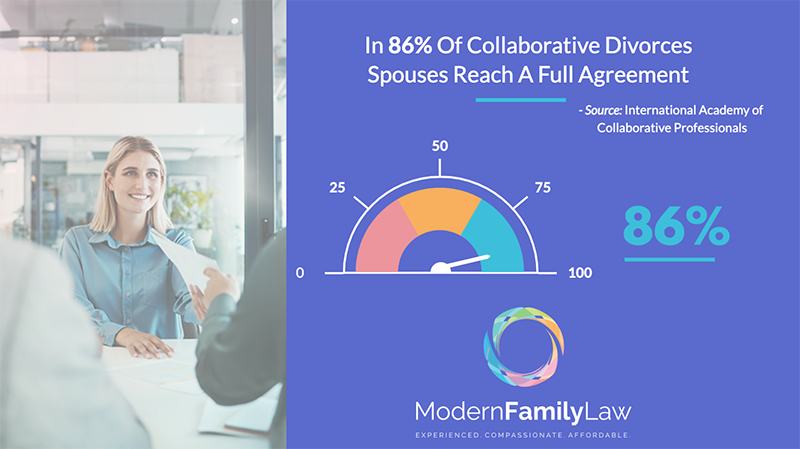Is Collaborative Divorce Right For You?
Deciding on a collaborative divorce involves more than just a mutual desire to end the marriage; it requires a specific mindset and circumstances from both parties. This method isn’t just about finding an easier way out; it’s about striving for a resolution that respects the interests and emotions of everyone involved. Here’s a closer look at when collaborative divorce might be the right choice and when it might not be suitable:
When Collaborative Divorce Is Right:
» Mutual Respect Exists: Both parties have a basic level of respect for each other and are willing to work together to find common ground.
» Open Communication: You and your spouse are capable of open and honest communication, even in the face of difficult discussions.
» Agreement on Major Issues: You’re generally in agreement on major issues or believe you can reach an understanding through negotiation.
» Concern for Children: Both parties are committed to minimizing the impact of the divorce on children and are willing to work together to create a co-parenting plan that serves the best interests of the children.
» Privacy Preference: You value privacy and prefer to settle your divorce outside of the public courtroom setting.
» Cost and Time Efficiency: Both parties are interested in a process that can potentially save time and money compared to traditional litigation.
When Collaborative Divorce Might Not Be Suitable:
» High Conflict: There’s a high level of animosity, making it unlikely that productive discussions can take place.
» Imbalance of Power: One party has significantly more power or control over the other, making fair negotiations difficult.
» Unwillingness to Cooperate: One or both parties are unwilling to engage in the process or are not open to the idea of working together toward a resolution.
» Domestic Violence: There’s a history of domestic violence, which could complicate the safety and fairness of negotiations.
» Hidden Assets: If there’s a suspicion that one party is hiding assets or not being transparent about finances, collaborative divorce might not provide the necessary tools to uncover this information.
» Lack of Trust: A fundamental lack of trust in the other party to adhere to agreements made during the collaborative process.
Collaborative divorce offers a dignified, respectful way to navigate the end of a marriage, focusing on mutual benefits and shared decisions. However, it’s essential to honestly assess your situation, your relationship with your spouse, and your mutual goals for the divorce process. If the conditions are right, collaborative divorce can pave the way for a more amicable future for all involved. If not, exploring other options with the guidance of legal professionals, such as those at Modern Family Law, can help you find a path that aligns with your needs and circumstances.






